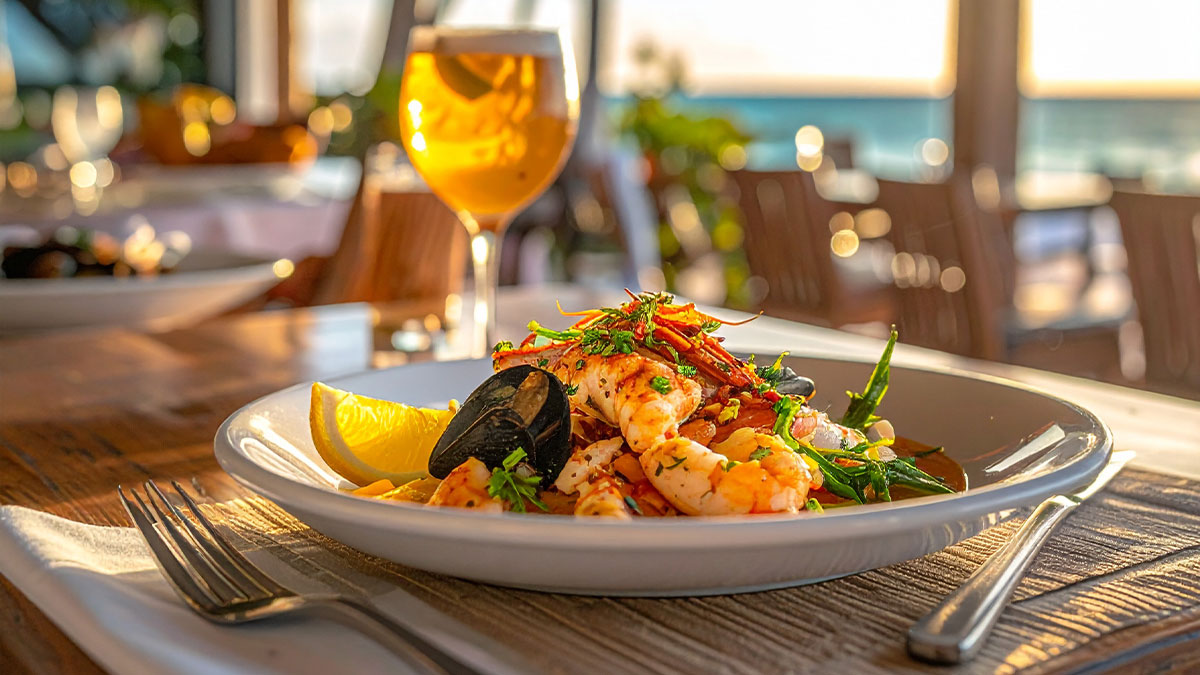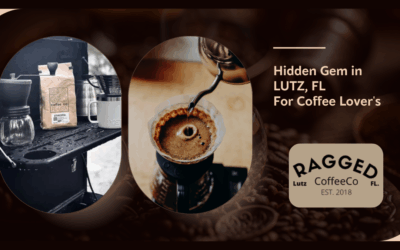Seafood lovers in Tampa Bay are facing a fresh wave of concerns after new findings revealed that several local restaurants are mislabeling imported shrimp as wild-caught. The practice, which has been an issue in Florida for years, continues to spark debate over transparency, consumer protection, and the future of the region’s fishing industry.
A Longstanding Issue Resurfaces
Food researchers and local watchdog groups have repeatedly flagged mislabeling as a problem across Florida, but Tampa Bay remains one of the hotspots. Imported shrimp is often sold as “Gulf” or “local,” despite being sourced from overseas aquaculture farms. For diners, the difference is more than just flavor — it’s about cost and trust.
“Consumers are paying premium prices for what they believe is fresh Florida seafood,” said one local food advocate. “When that trust is broken, it hurts the restaurants that are doing things the right way.”
Impact on Local Fishermen
For Florida shrimpers, the issue represents more than unfair competition. Wild-caught shrimp from the Gulf is known for its quality, but it comes with higher operating costs compared to imported products. Mislabeling not only confuses diners but also threatens the livelihood of local fishermen who rely on fair pricing to sustain their work.
Some Gulf Coast industry groups have called for stricter inspections and clearer labeling requirements. “We want a level playing field,” said a shrimper based in Clearwater. “If customers know what they’re buying, the product will speak for itself.”
What Diners Can Do
Experts advise consumers to ask questions when ordering seafood in restaurants, such as where the shrimp was sourced and whether it is farmed or wild-caught. Diners are also encouraged to look for establishments that highlight traceability and support local fisheries.
The Florida Department of Agriculture and Consumer Services provides information on seafood sourcing and has urged consumers to report concerns about fraudulent labeling through its consumer hotline at 1-800-HELP-FLA (435-7352) or online at fdacs.gov.
As the dining scene in Tampa Bay continues to thrive, questions of authenticity and accountability are likely to grow louder. For now, the challenge lies in balancing demand for affordable seafood with the integrity of Florida’s local catch.







